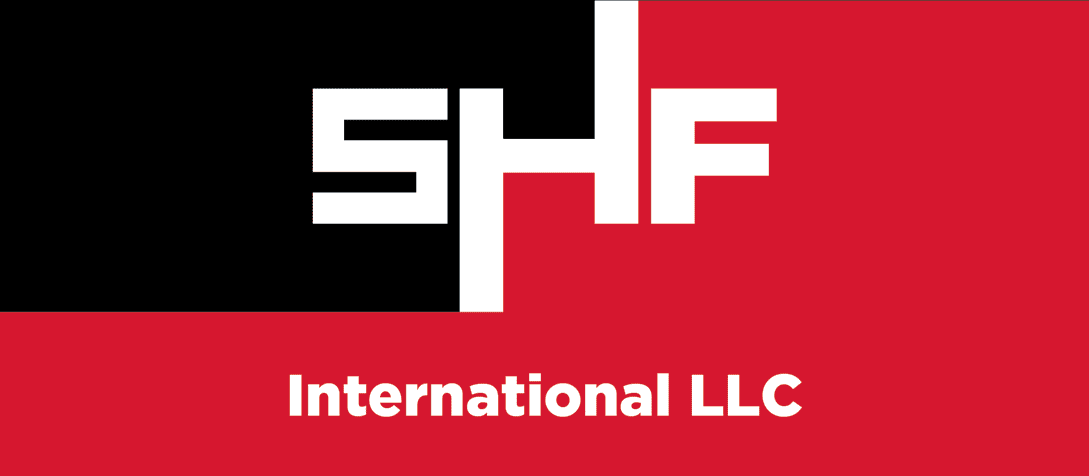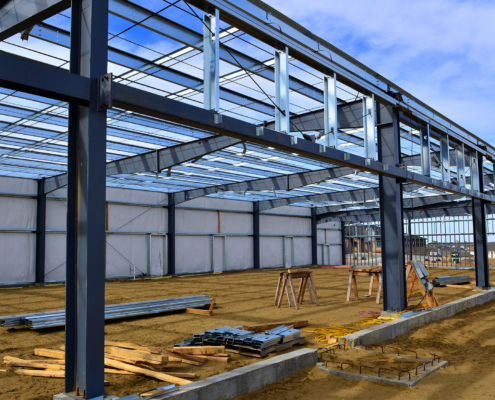 https://www.shfcontracting.com/wp-content/uploads/2024/06/Commercial-Roof-Install.jpg
1250
2000
Abstrakt Marketing
/wp-content/uploads/2023/07/Navbar-Logo.png
Abstrakt Marketing2024-06-04 07:28:582024-12-25 12:17:11Commercial Construction Trends To Be Aware of for 2024-2025 Projects
https://www.shfcontracting.com/wp-content/uploads/2024/06/Commercial-Roof-Install.jpg
1250
2000
Abstrakt Marketing
/wp-content/uploads/2023/07/Navbar-Logo.png
Abstrakt Marketing2024-06-04 07:28:582024-12-25 12:17:11Commercial Construction Trends To Be Aware of for 2024-2025 ProjectsUnderstanding the Impact of Construction Delays
Before diving into the tips, it’s essential to understand the consequences of construction delays. When a project is delayed, it can lead to increased costs, frustrated stakeholders, and missed deadlines. For instance, if a retail space opening is delayed, it can result in lost revenue during the critical shopping season. Similarly, delays in office construction can affect business operations, leading to disruptions and potential loss of clients. These delays can also tarnish the reputation of the involved parties, making future projects more challenging to secure.
Key Strategies to Avoid Construction Delays
While no two new build, remodel, or tenant improvement projects are the same, there are some strategies for keeping things moving on schedule.
Proper Permits and Municipal Approvals
One of the primary reasons for construction delays is the lack of proper permits and municipal approvals. Before breaking ground, ensure all necessary permits are obtained, and municipal plans are approved. This includes zoning permits, environmental clearances, and building permits. Starting construction without these approvals can lead to costly stop-work orders and legal complications.
Example: In a recent project for a new medical clinic, ensuring all zoning and environmental permits were secured beforehand allowed the project to proceed without interruption, saving time and avoiding potential legal issues.
Do you want to learn what construction permits are, how they work, and why they’re critical in avoiding construction delays? Check out our guide to permits.
Blueprint Approvals
It is crucial to have all blueprints and plans approved before starting the project. This includes architectural designs, structural plans, and any modifications requested by stakeholders. Ensure that all relevant parties, including engineers, architects, and project managers, review and sign these documents. This step helps avoid misunderstandings and ensures everyone is on the same page.
Example: During the construction of a new office building, having pre-approved blueprints meant that the construction team could work without stopping for additional approvals, ensuring a steady workflow.
Online Project Management Tools
Utilizing online project management tools can streamline communication and coordination among the project team. These tools provide a central platform where all project-related information is stored and accessible to everyone involved. Features such as task assignments, progress tracking, and document sharing can help keep the project on schedule and minimize the risk of delays.
Example: A retail chain used an online project management tool to oversee the construction of multiple new stores. This allowed real-time updates and seamless communication between teams across different locations, ensuring all projects stayed on track.
Designate a Main Point of Contact
Having a single point of contact (POC) for the project can significantly reduce confusion and miscommunication. This POC should be responsible for all communications between the client and the construction team. They should clearly understand the project scope, timelines, and any changes that need to be addressed. A designated POC ensures that information is communicated accurately and promptly, helping to avoid delays.
Example: When building a new restaurant, having the restaurant manager as the main point of contact streamlined decisions and ensured that all design and construction elements met the business’s specific requirements.
Define Clear Roles and Responsibilities
Ensuring everyone involved in the project knows their roles and responsibilities is critical. This clarity helps avoid overlaps and gaps in work, which can lead to delays. Each team member should have a clear understanding of their tasks and deadlines. Regular meetings and updates can help reinforce these responsibilities and keep the project on track.
Example: During the renovation of a government building, clearly defined roles for each team member, from the project manager to the subcontractors, helped ensure that the project met its deadlines and stayed within budget.
Stakeholder Management
Keeping track of all stakeholders and their interests is vital for avoiding delays. Stakeholders can include investors, business owners, tenants, and local authorities. Regularly updating them on the project’s progress and addressing their concerns promptly can prevent issues that could lead to delays. Effective stakeholder management ensures that all parties are aligned and supportive of the project’s timelines.
Example: In a warehouse construction project, regular updates and meetings with stakeholders, including logistics managers and investors, ensured that all concerns were addressed early, preventing any significant disruptions.
Proactive Communication
Proactive communication is essential for anticipating and addressing potential issues before they cause delays. This involves regular check-ins, progress reports, and open lines of communication between all parties. Proactive communication helps identify potential bottlenecks early and allows for quick resolution, keeping the project on schedule.
Example: In constructing an educational facility, regular communication between the construction team and school administrators helped address potential issues quickly, ensuring the project was completed before the new school year began.
How SHF Helps Prevent Construction Delays
At SHF, we understand the importance of timely project completion and take every precaution to ensure there are no avoidable delays. We do this through:
- Meticulous Planning: We ensure that all permits and approvals are in place before starting any project. Our team works closely with local authorities to expedite the approval process and avoid any legal hurdles.
- Effective Communication: SHF designates a single point of contact for each project to streamline communication and ensure that all information is accurately conveyed. This approach minimizes misunderstandings and keeps the project moving forward smoothly.
- Advanced Project Management Tools: We utilize cutting-edge project management software to track progress, assign tasks, and share documents. This central platform ensures everyone can access the latest information and collaborate effectively.
- Clear Roles and Responsibilities: Our team is organized with clearly defined roles and responsibilities. Regular meetings and updates help reinforce these duties and ensure everyone is aligned with the project goals.
- Proactive Stakeholder Management: SHF is committed to keeping all stakeholders informed and engaged throughout the project. We provide regular updates and address any concerns promptly to maintain support and avoid delays.
- Proactive Communication: We prioritize proactive communication to anticipate and resolve potential issues before they impact the project timeline. Our team is always available to address questions and provide updates, ensuring a smooth construction process.
Avoid Construction Delays and Open Your Doors For Business On Time With SHF
Avoiding construction delays requires careful planning, effective communication, and a proactive approach. Following these insider tips can minimize the risk of delays and ensure your commercial construction project runs smoothly. At SHF, we are dedicated to delivering projects on time and within budget, providing our clients with a seamless and stress-free construction experience.
If you’re looking for a reliable general contractor to help you navigate the complexities of commercial construction, contact SHF today. Our expertise and commitment to excellence ensure that your project is completed without unnecessary delays. Let’s work together to bring your vision to life.






